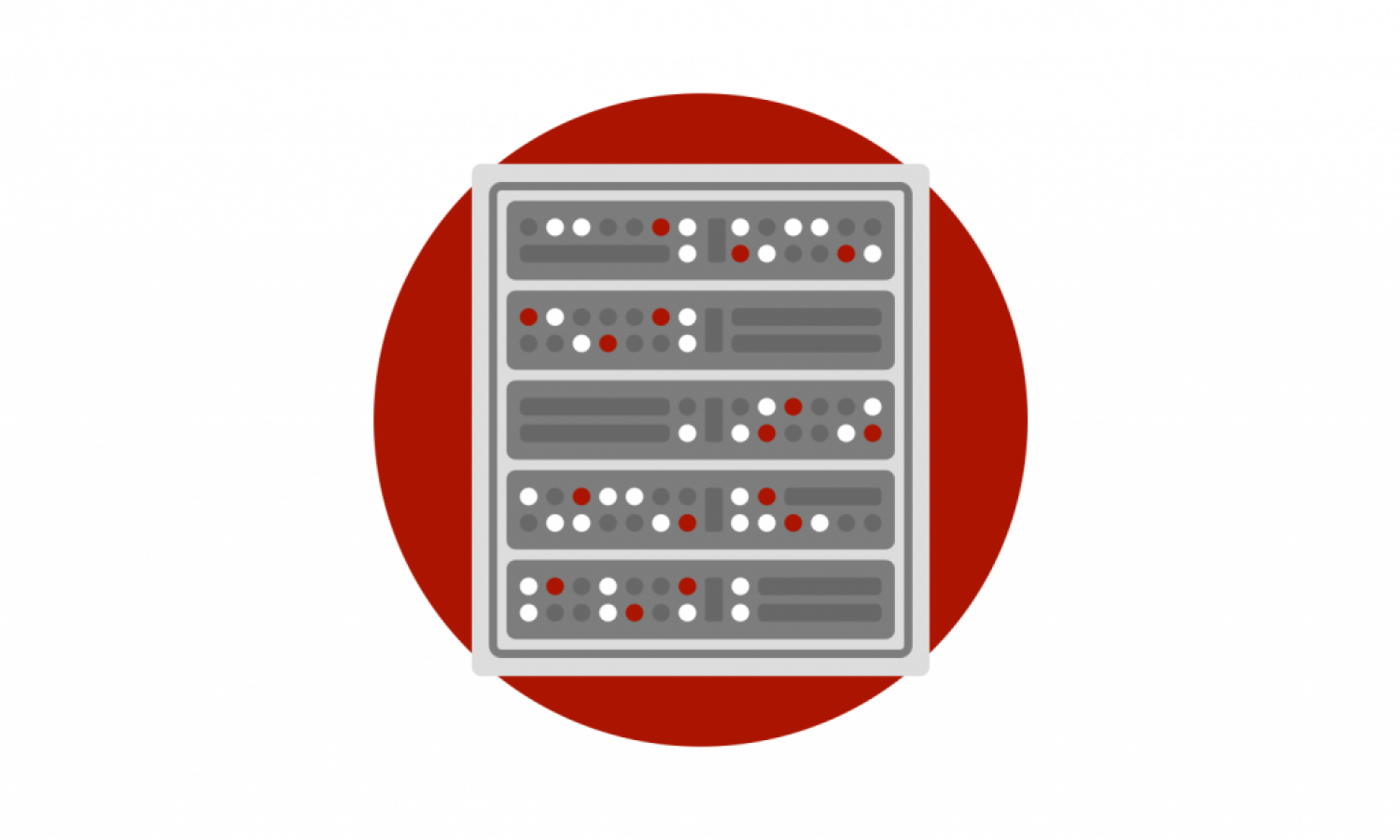Are we giving away the Internet to Russia and China?
A more in-depth version of this post originally appeared on i2Coalition Co-Founder, Christian Dawson’s Medium account.
There has been a lot of talk about the U.S. “giving away the Internet” so let’s clear this up right now. The Internet isn’t anyone’s to give. No one entity controls the Internet.
Yet, in the next couple of weeks, substantial changes are taking place that could change the Internet forever. And while much of this issue is technical, arcane, and bureaucratic, it is critical to the future of the Internet and something we must pay attention to.
The IANA transition has been a long time coming. Recent developments have led to a brighter spotlight on the issue, including the push from authoritarian governments for a move away from the current multistakeholder Internet governance process to a multilateral one. This would see a one-government, one-vote model replace the current status quo.
This came shortly after the Snowden revelations, when the U.S. Government took a tremendous hit to its credibility as a protector of an Internet ecosystem. This is an especially glaring weakness considering ICANN is a California corporation and the NTIA is a division of the U.S. Department of Commerce.
And while ICANN has many problems in need of correction, it is important to understand why ICANN and the multistakeholder model needs to be preserved, fostered, and protected.
The Internet is incredibly complex. Legislators and regulators making decisions on technical issues, and assuming they fully understand the ramifications of those decisions on the ecosystem, is disagreeable at best. The cornerstone of an open Internet is the ability to communicate freely and openly without the fear of government protectionism trumping this freedom.
As I’ve said before, and apologies to Winston Churchill for co-opting his statement on democracy, multistakeholderism is the worst form of Internet governance except for all the others.
The issue now is how the IANA function will be transitioned to the multistakeholder community and how to deal with a world in which we no longer have the nuclear option of pulling ICANN’s contract and, consequently, its authority. The transition to a community of oversight and accountability would replace the risk of ICANN becoming accountable only to itself. Put simply, keeping ICANN from becoming the FIFA of the Internet is incredibly important.
The work of the community to build a plan that protects multistakeholderism, creates real accountability for ICANN, and avoids capture by any one government or entity is outstanding. But there are two sticking points left in the process:
- Redefining the Governmental Advisory Committee (GAC) consensus, and
- Potentially expanding ICANN’s mission.
While the NTIA has insisted on a transition proposal that does not increase the role of governments post-IANA transition, the current, vague GAC definition of consensus could allow governments powerful decision-making authority within the execution of community powers – leading to a potential multilateral governance model.
ICANN could also get much, much worse if we allow it to expand its mission beyond names and numbers. A disturbing last minute push within recent Cross Community Working Group (CCWG) transition proposal drafts has seen efforts by powerful IP forces to have ICANN take on content-level takedowns that would turn them into the Internet’s content police.
If either of these points can’t be negotiated back to an acceptable position, then we should abandon the transition process. The community won’t accept a final report that doesn’t fix these critical issues, and neither will the NTIA. If this comes to pass, the arguments of multilateralists, particularly authoritarian regimes, will be bolstered and the failure of the transition will erode confidence in the way the Internet is run and make it easier for authoritarian regimes to assert their dominion at a later time.
This proposal is critical to the future of the Internet, and all voices should be heard. ICANN is looking for public comments on the proposal. Read it and leave your comments here. Together we can secure the future of the Internet – by giving it to everyone, not just Russia and China.

